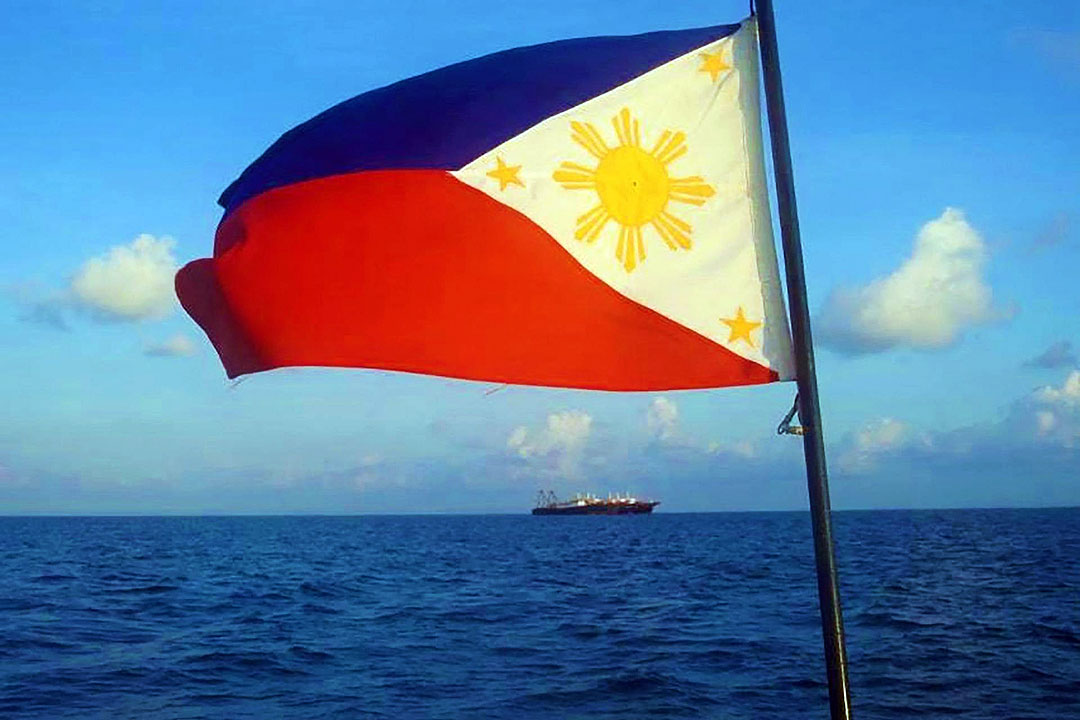Philippines seeking ‘new solutions,’ security deals amid rising sea tensions

PHILIPPINE President Ferdinand Marcos, Jr. said over the weekend that the country seeks to find “new solutions” and forge more security deals with other nations as tensions in the South China Sea reach new heights.
Mr. Marcos said tensions in the South China Sea, which he described as the “most complex geopolitical challenge that the world faces,” require “new solutions.”
“I cannot say that we have found the answer yet. We are still trying to formulate that answer as we speak,” he said in an interview with Japanese media, based on a Palace statement.
“Things are moving quickly in many parts of the South China Sea and so there are changes in terms of approaches,” he added.
Mr. Marcos headed to Tokyo on Dec. 15 for the 50th anniversary of the Association of Southeast Asian Nations (Asean)-Japan Relations.
The Philippines and Japan in November started negotiations for a reciprocal access agreement, which would give Japanese troops easier access to the Southeast Asian nation.
Japan has also been concerned over an increasingly expansionist China, which has been claiming Senkaku Islands in the East China Sea.
Japanese troops have been annually observing joint US-Philippine war games, most recently in October 2022.
Mr. Marcos stressed the importance of “interoperability between different forces,” citing the trilateral security arrangement among Manila, Tokyo, and Washington.
“We really must get more of these kinds of arrangements in place,” he said. “I think that really is the pattern that we are seeing to emerge and that is how we are evolving.”
Meanwhile, ASEAN and Japan reaffirmed their commitment to keeping the Indo-Pacific region free and open.
“We affirm the shared view to promote a rules-based Indo-Pacific region that is free and open, embraces key principles such as ASEAN’s unity and centrality, inclusiveness, transparency, complements ASEAN community building process, guided by the shared fundamental principles as enshrined in the UN Charter and the TAC, including respect for sovereignty and territorial integrity, settlement of differences or disputes by peaceful means, and renunciation of the threat or use of force,” the two parties said in a joint vision statement.
They vowed to strengthen security cooperation, including maritime security ties, and work towards a nuclear weapon-free world.
They also committed to enhancing dialogue and cooperation to promote human rights, democracy and good governance, as well as the rule of law through legal technical assistance.
They also cited the need to increase collaboration in cybersecurity, countering terrorism, transnational crime and disinformation which were also agreed by the parties. — Kyle Aristophere T. Atienza



